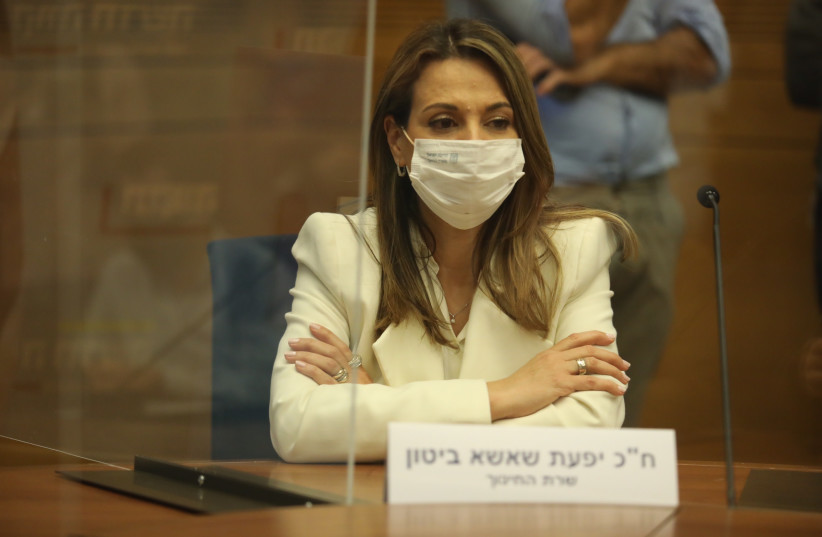With Israeli educational tourism still affected by the fifth (Omicron) wave of the COVID-19 pandemic, it is an opportune time to reflect on other challenges affecting the field. In this piece, I will present and discuss five key issues affecting Israeli education today.
Along with a heightened sense of political engagement, there is an increasingly dogmatic approach to political affiliation on the part of many learners, whether from the Left or the Right of the political spectrum. This can often be linked to their religious denomination, with some Orthodox students more likely to offer knee-jerk support for the Right in the US and Israel, and some Reform and liberal students are more likely to offer robotic support for progressive causes in the US and Israel. The idea that students would critically and independently analyze issues on a case-by-case basis and come to their own conclusions, even if they sometimes differ from those of their declared political camp, seems to be rarer in today’s hyper-polarized world.
Even with the best of intentions, most tour guides are faced with a massive information deficit about millions of Palestinians and their lived experience. Without fluency in Arabic and, of course, without the ability to travel to the Gaza Strip, or even to take groups to most cities in Area A of Judea and Samaria/the West Bank, the ability to truly engage is severely circumscribed from the get-go.
Again, even with the best of intentions to present Palestinian narratives in order to give a more substantial and nuanced educational experience, perhaps there exists a subconscious inability and unwillingness on the part of Israel educators and tour guides, educational institutions, parents and even some students to truly engage with non–Zionist and anti-Zionist Palestinian narratives.
Growing disenchantment with Israel and Zionism as it becomes clear, even after 12 years of Benjamin Netanyahu at the helm of the country and with the inauguration of a new government of change, not all that much has necessarily changed. The occupation continues and, with it, a declared governmental policy of opposition to any peace negotiations.

The worst excesses of the occupation can be seen clearly: No. 1, with the massive increase in anti-Palestinian terrorism on the part of some settlers and their supporters, with almost no indictments filed against perpetrators; No. 2, with former attorney-general Avichai Mandelblit’s decision to grant legal backing to the re-establishment of the Evyatar illegal outpost; and No. 3, with ongoing government unwillingness to deal with the Homesh yeshiva, operating illegally at the site of the former community and settlement for the last 15 years, with many of its supporters attacking IDF soldiers.
Moreover, even with no Haredim in the coalition, the government of change has not changed very much in regard to the status of the Reform and Conservative movements, and even froze the Kotel deal, just like Netanyahu’s last government did.
Perhaps the most difficult phenomenon to deal with is an increasing incidence of American Jews simply opting out of a relationship with Israel. As Israel educators, tour guides and Jews, we presuppose that engagement with Israel is an essential aspect of the life and identity formation of every Jew. However, increasing numbers of American Jews simply don’t. Sometimes this is based on non-Orthodox anti-Zionism, but sometimes it is merely a matter of people who feel more than comfortable with their American identity and see no clear need to engage in any substantial manner with what they view as a foreign country.
Which Israel education challenges do you see in 2022?
The writer is a licensed Israel tour guide.
